20 Nutritious Foods Many People Avoid
Keeping a balanced and healthy diet is crucial for overall wellness, yet some nutritious foods are often disregarded or avoided due to unfamiliarity or personal taste preferences. Nonetheless, many of these foods provide a wide range of health benefits and should be considered for a healthier eating regimen.
From nutrient-dense superfoods to unusual options, here’s a list of 20 nutritious foods that are commonly avoided but deserve inclusion in your diet for enhanced health.
Sprouts
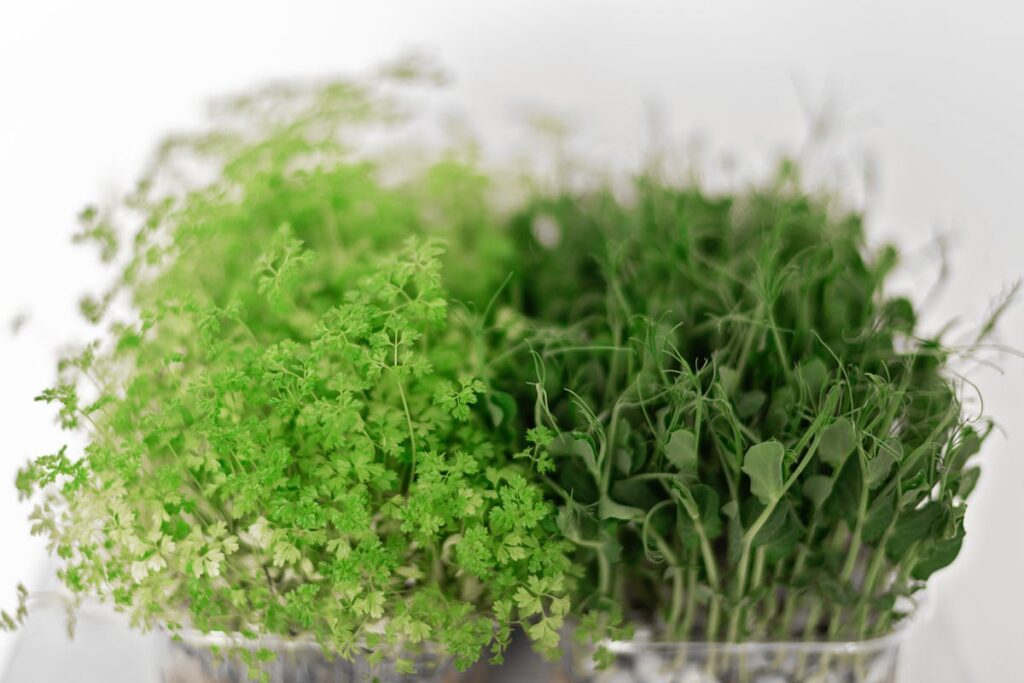
Sprouts are young, tender shoots from germinated seeds, grains, or legumes that are loaded with vitamins, minerals, and antioxidants. They can improve digestion, boost immunity, and support detoxification.
Hemp Seeds
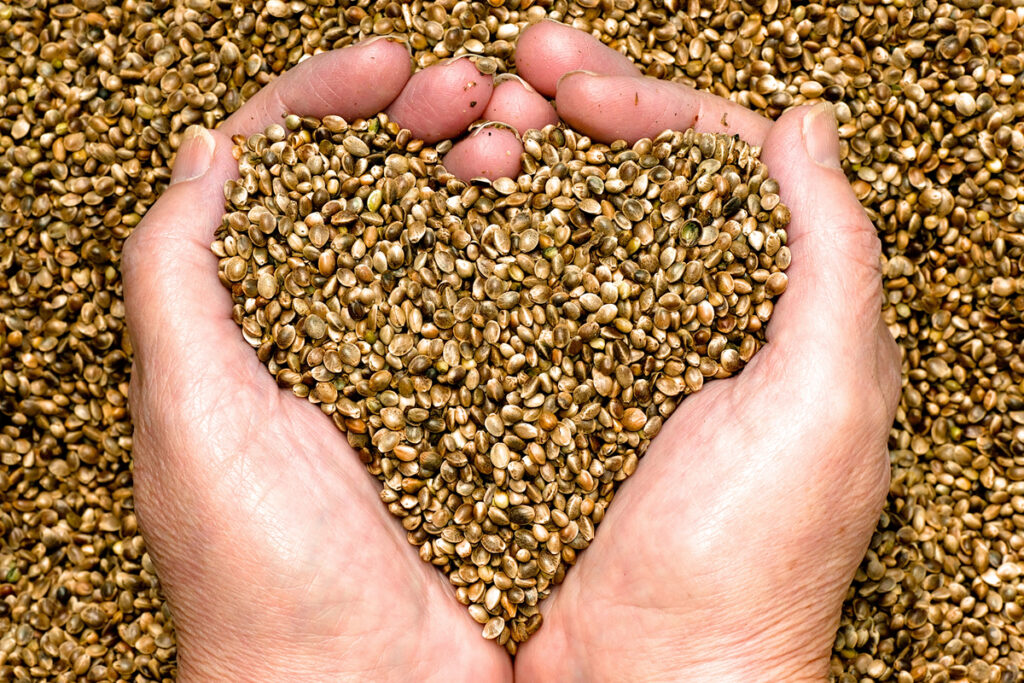
Hemp seeds are nutritious seeds from the hemp plant that are rich in protein, omega-3 fatty acids, and essential minerals. They can promote heart health, reduce inflammation, and support skin health.
Miso
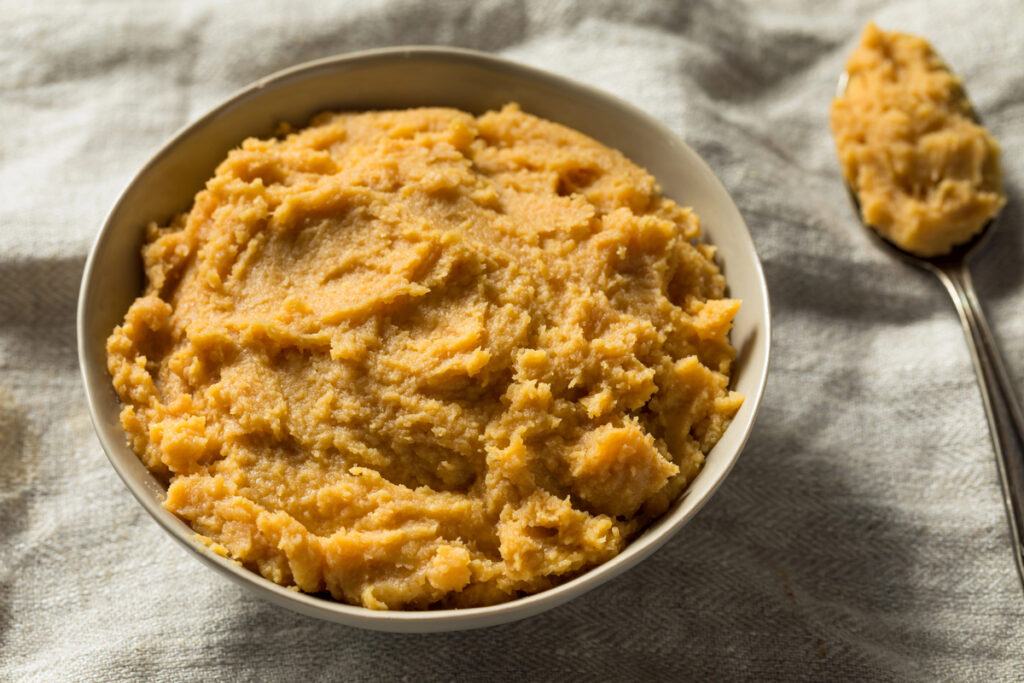
Miso is a fermented soybean paste typically used in Japanese cuisine that is rich in probiotics, antioxidants, and critical nutrients. Eating miso can enhance gut health, boost immunity, and lower the risk of chronic diseases.
Chia Seeds
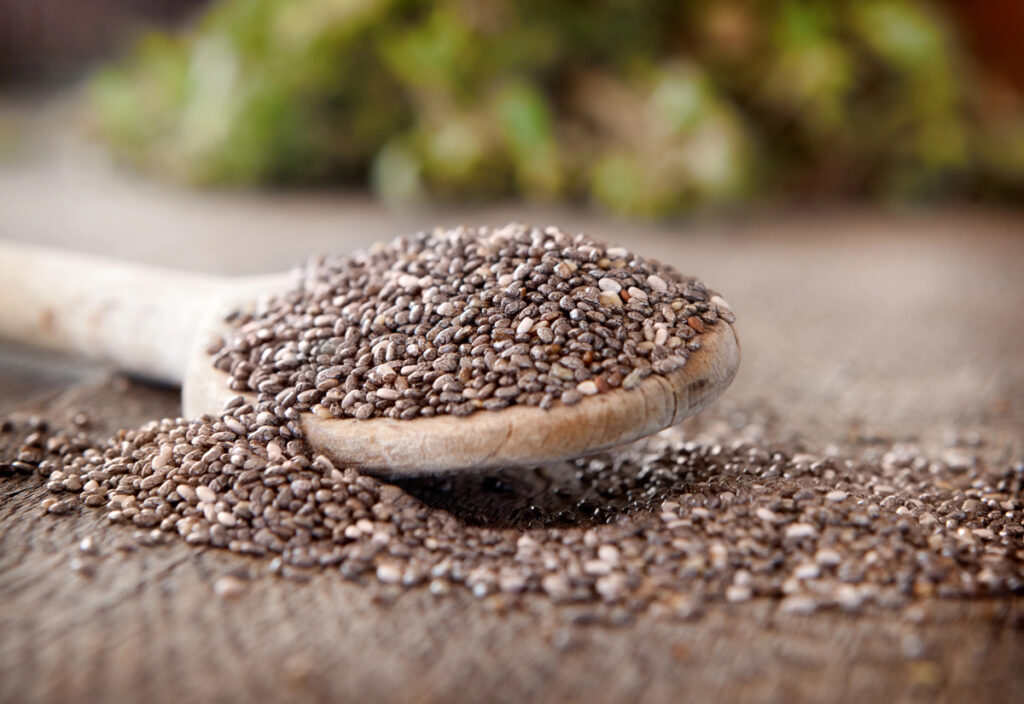
Chia seeds are small and packed with fiber, protein, omega-3 fatty acids, and antioxidants. They can benefit digestive health, stabilize blood sugar levels, and encourage weight loss.
Tempeh
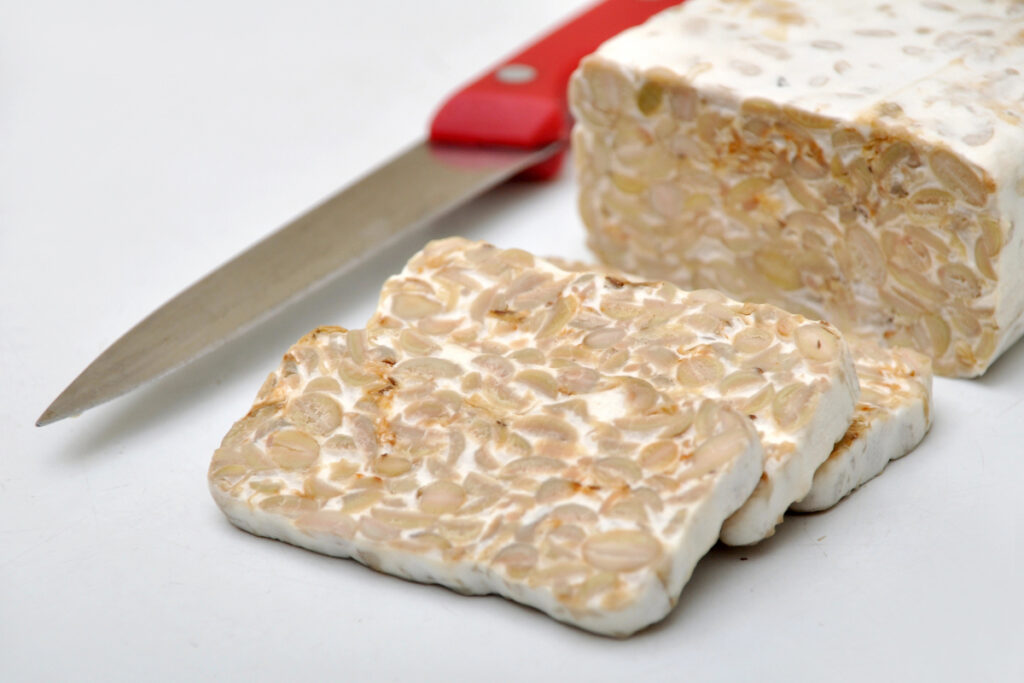
Tempeh is a fermented soy product abundant in protein, probiotics, and essential nutrients such as calcium and iron. It can enhance gut health, support bone density, and lower the risk of chronic illnesses.
Quinoa
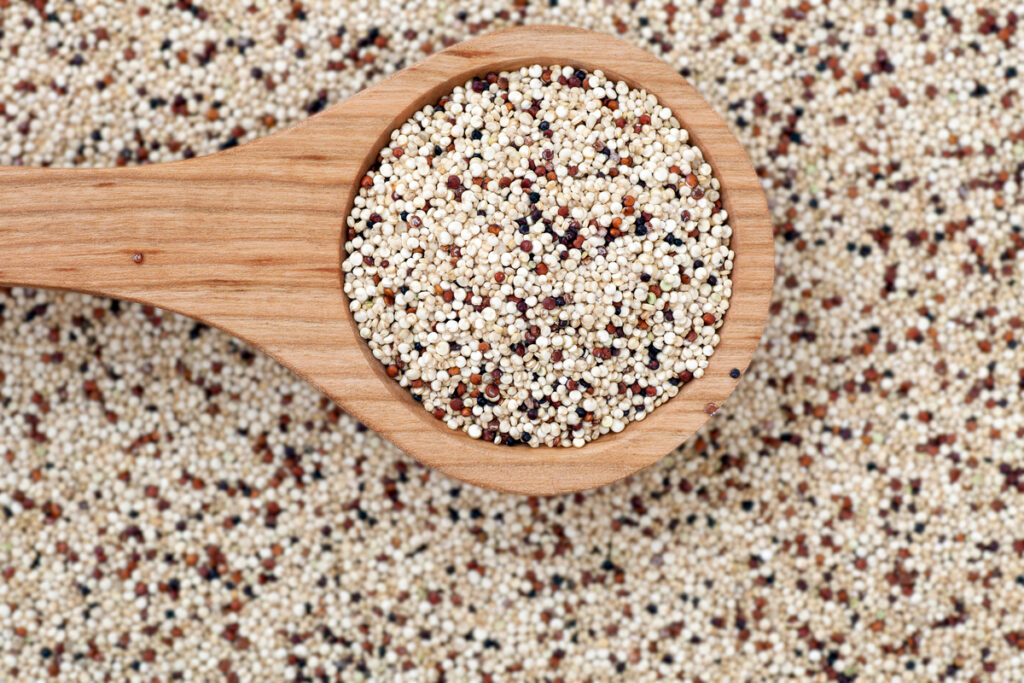
Quinoa is a gluten-free whole grain that is high in protein, fiber, and vital nutrients. It is a complete protein and offers benefits like regulating blood sugar, supporting digestive health, and promoting weight loss.
Kimchi
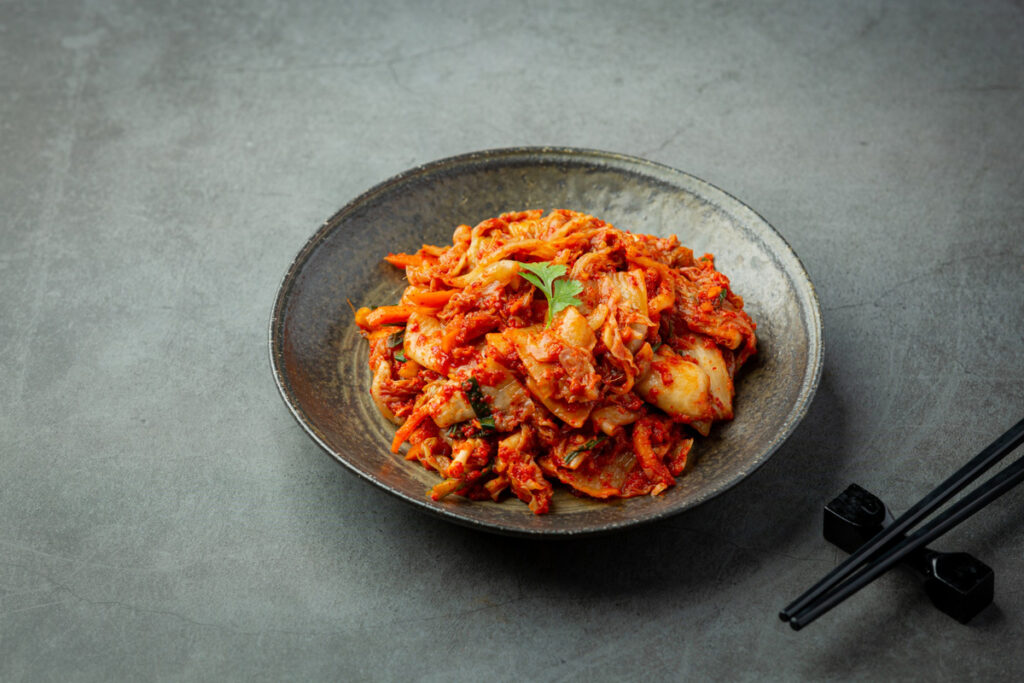
Kimchi is a traditional Korean dish made from fermented vegetables that is rich in probiotics, vitamins, and antioxidants. Eating kimchi can improve digestion, increase metabolism, and boost immune function.
Tofu
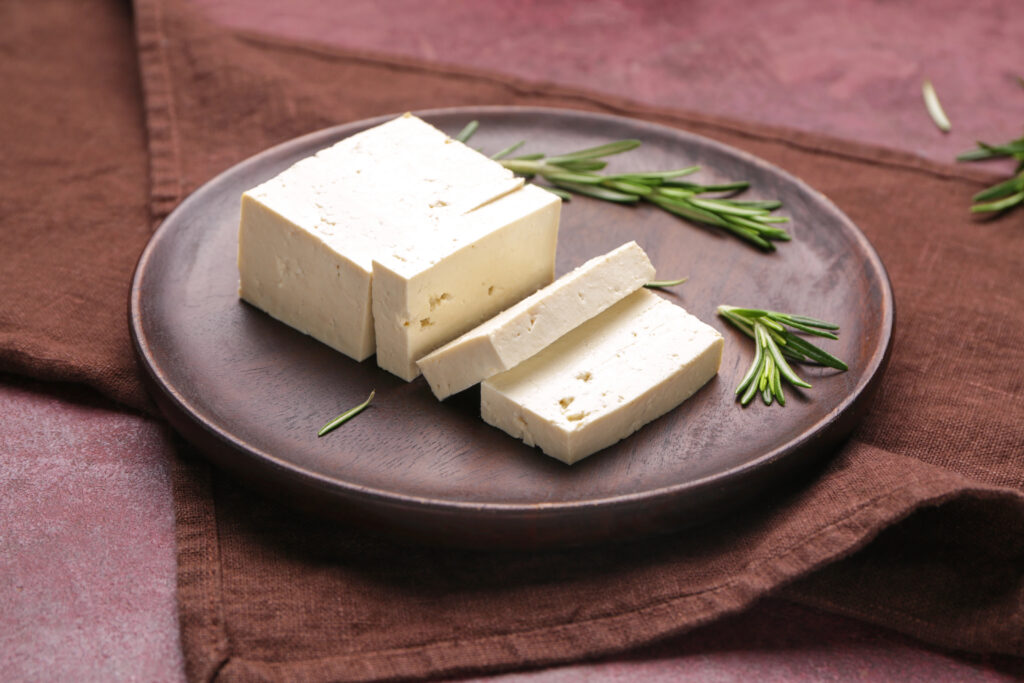
Tofu is a versatile plant-based protein source that is low in calories and high in nutrients. It can be included in numerous dishes and provides benefits such as lowering cholesterol, supporting bone health, and aiding in weight management.
Seaweed
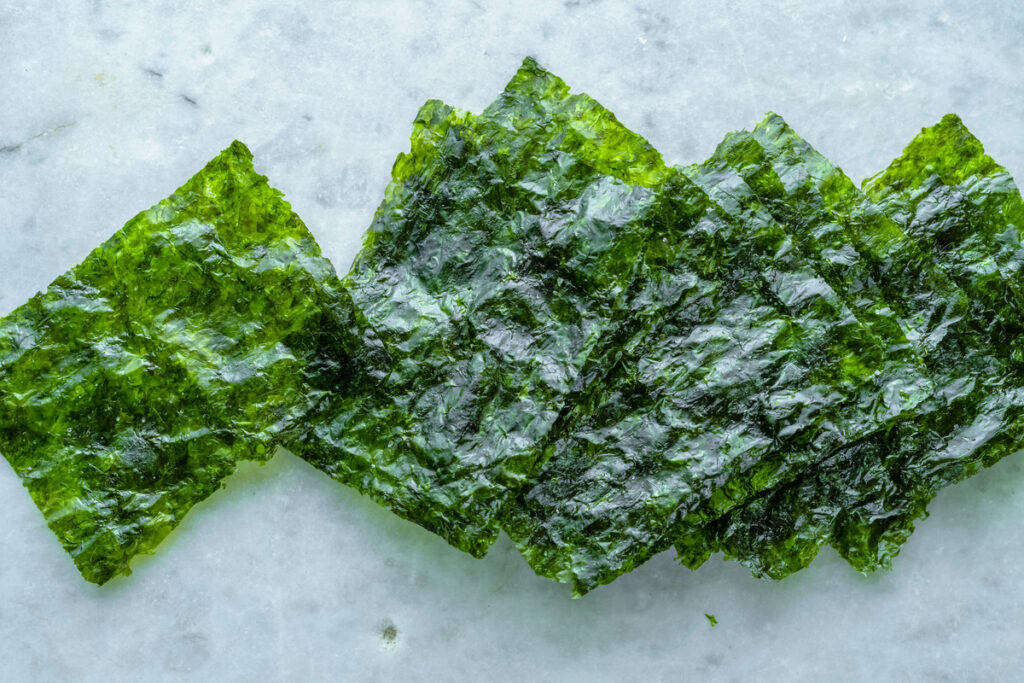
Seaweed is a nutrient-dense marine vegetable filled with vitamins, minerals, and antioxidants. Incorporating seaweed into your meals can support thyroid function, enhance heart health, and strengthen the immune system.
Liver
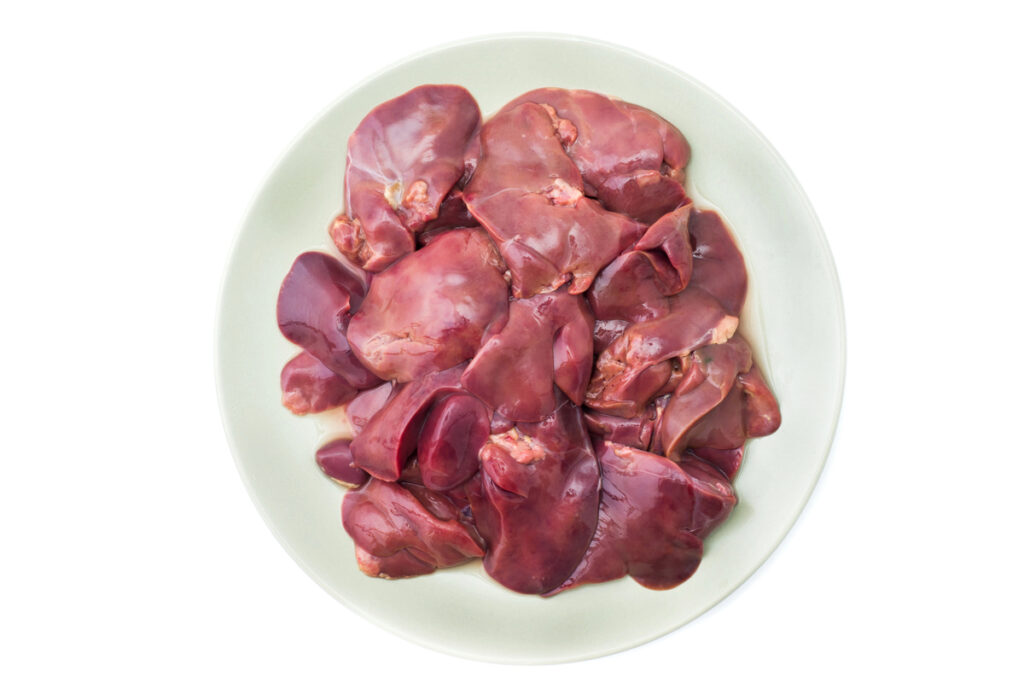
Liver is one of the most nutrient-rich foods available, containing high amounts of iron, vitamin A, and various B vitamins. Despite its mixed reputation, liver can be quite delicious when prepared correctly and offers advantages such as increased energy, enhanced immune function, and healthier skin and hair.
Sardines

Although they have a strong taste, sardines are loaded with omega-3 fatty acids, protein, and vitamin D, making them a nutritional powerhouse. Adding sardines to your meals can aid brain function, decrease inflammation, and promote cardiovascular health.
Mushrooms
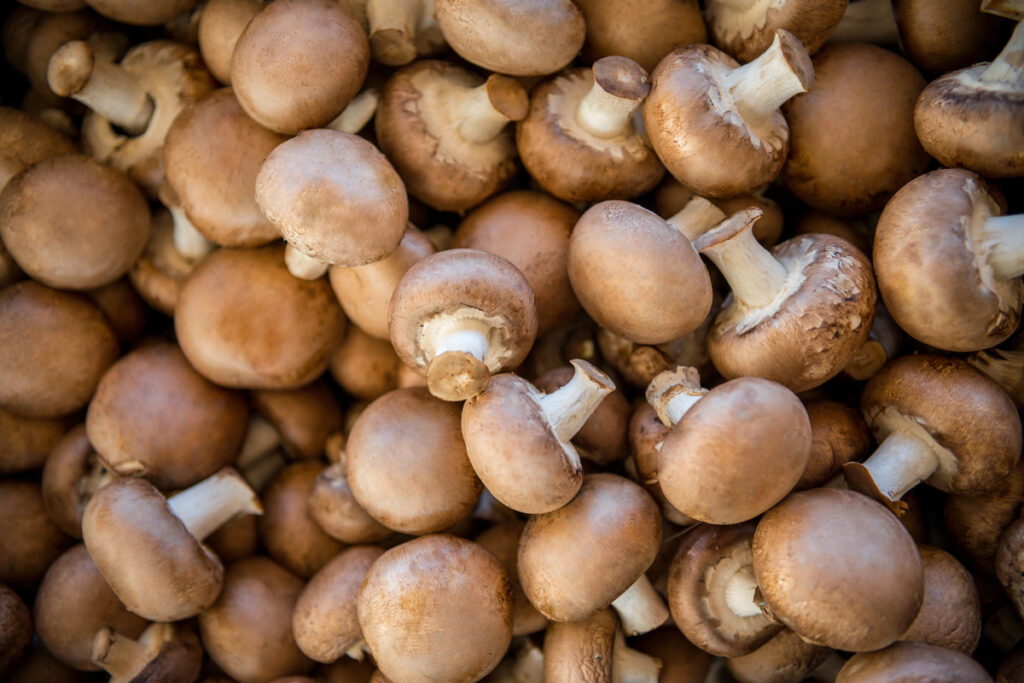
Mushrooms are fungi that are rich in vitamins, minerals, and antioxidants. They may enhance immune function, reduce inflammation, and promote cardiovascular health.
Collard Greens
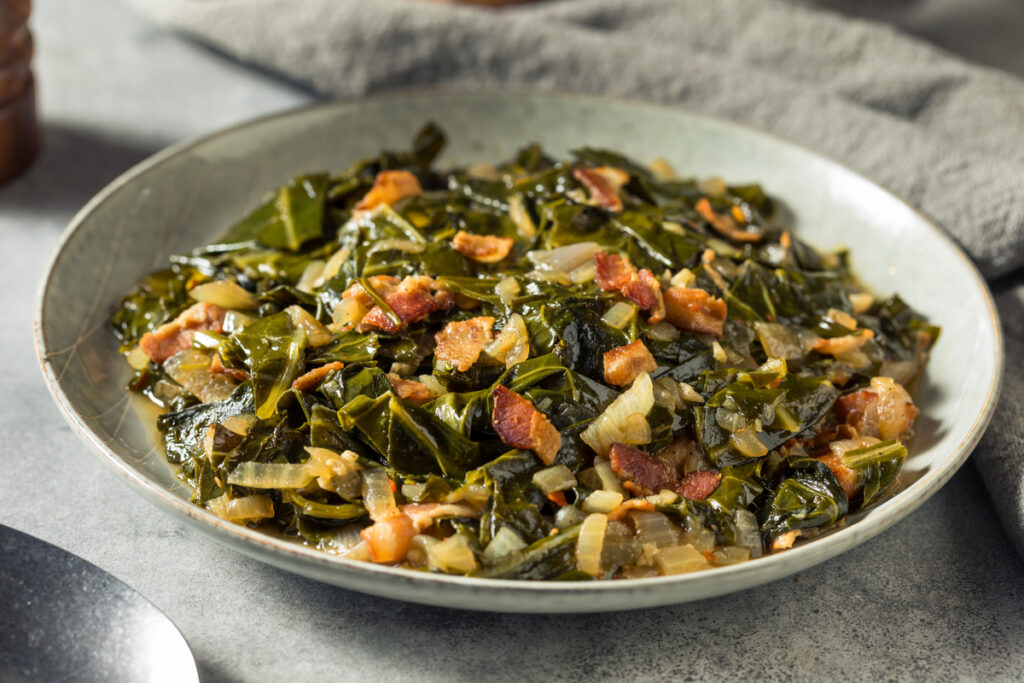
Collard greens are leafy greens that provide an array of vitamins, minerals, and antioxidants. They can help maintain bone health, alleviate inflammation, and support eye health.
Beets
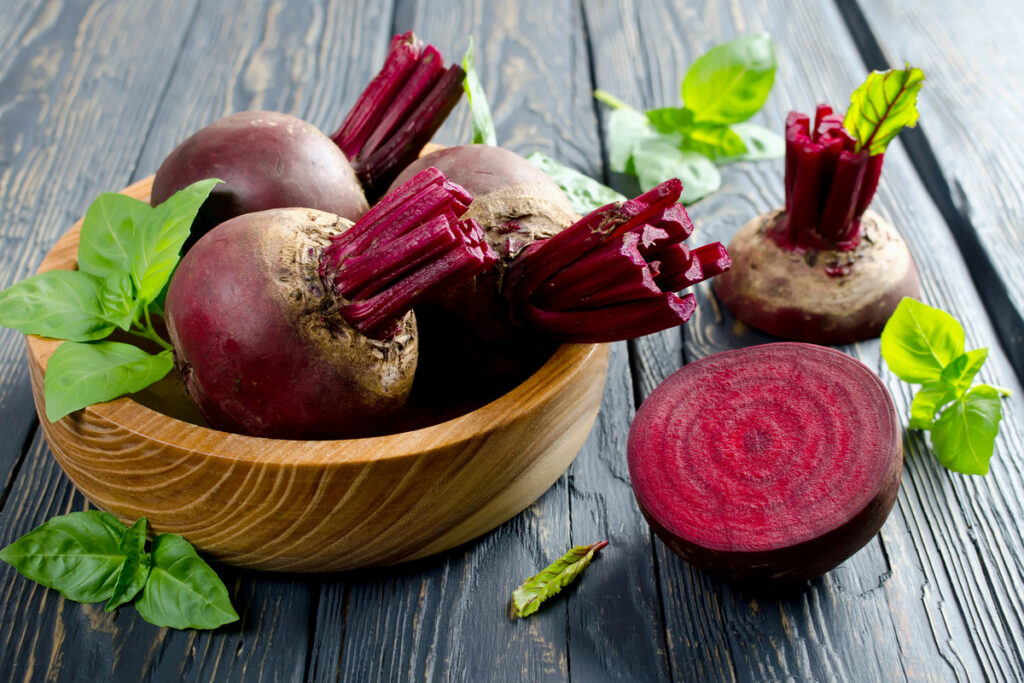
Beets are root vegetables that are rich in vitamins, minerals, and antioxidants. They may promote heart health, improve athletic performance, and enhance cognitive abilities.
Brussels Sprouts
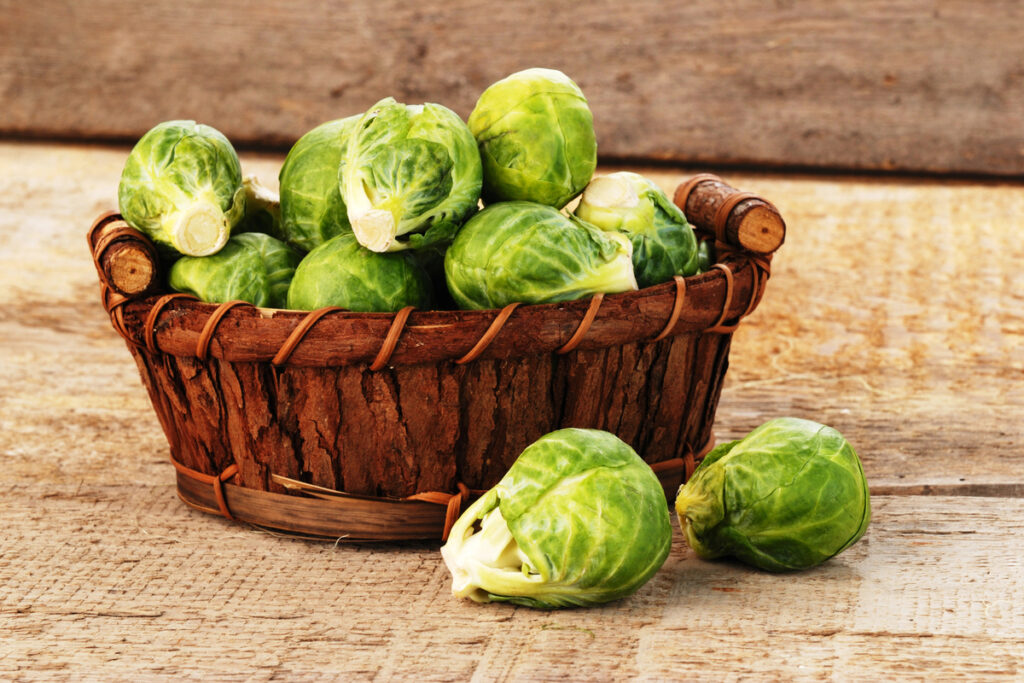
Brussels sprouts are cruciferous vegetables abundant in fiber, vitamins, and antioxidants. They can aid in digestive health, lower inflammation, and support heart health.
Lentils
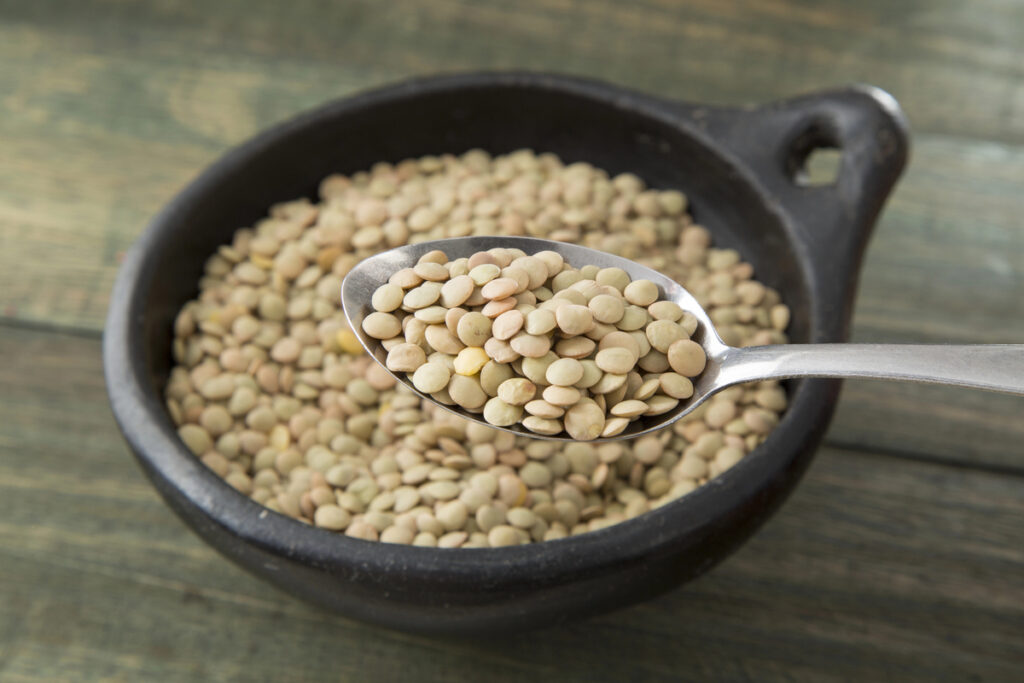
Lentils are a type of legume packed with protein, fiber, and vital nutrients like iron and folate. They can contribute to heart health, help control blood sugar levels, and promote digestive well-being.
Spirulina
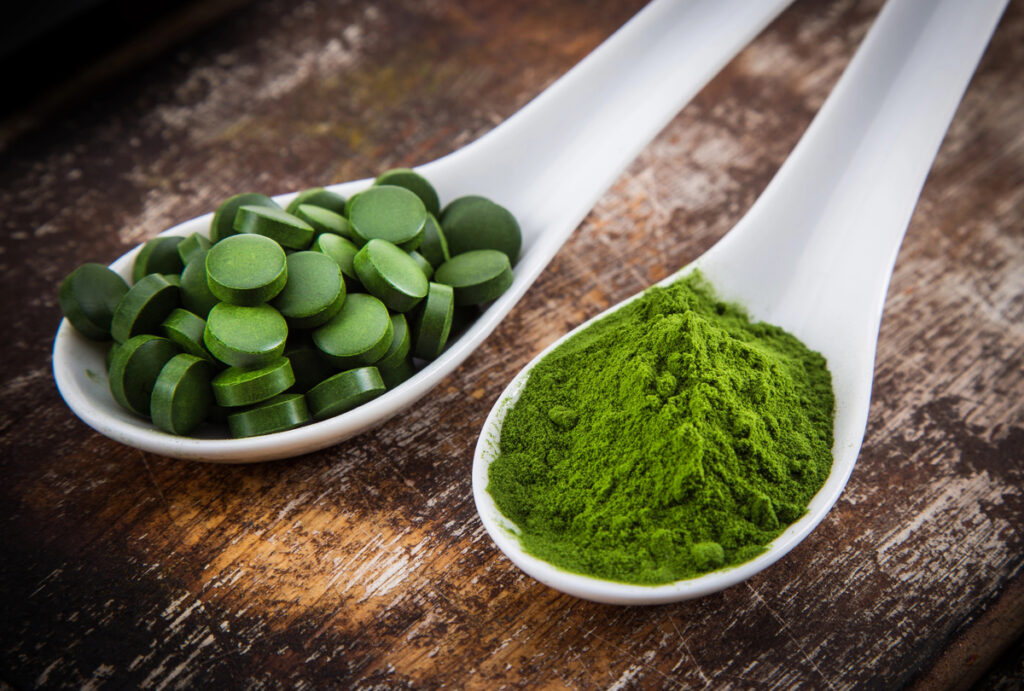
Spirulina is a blue-green algae that is rich in protein, vitamins, minerals, and antioxidants. It may aid immune function, mitigate inflammation, and encourage detoxification.
Tahini
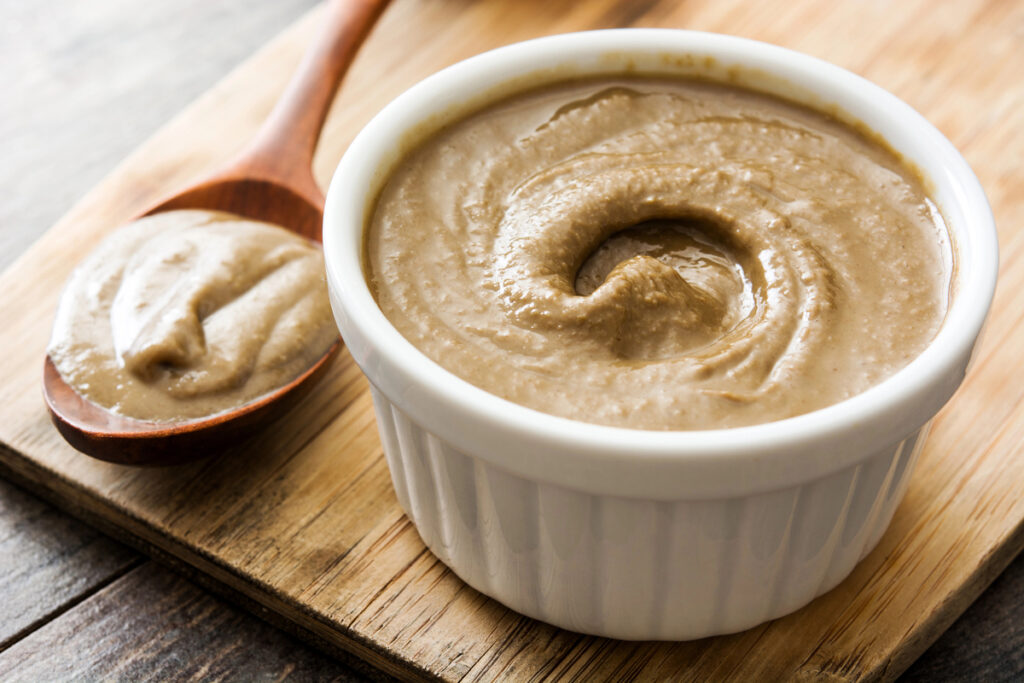
Tahini is a spread made from ground sesame seeds and is abundant in healthy fats, protein, and minerals such as calcium and magnesium. It can promote bone health, support heart health, and increase energy levels.
Bitter Melon
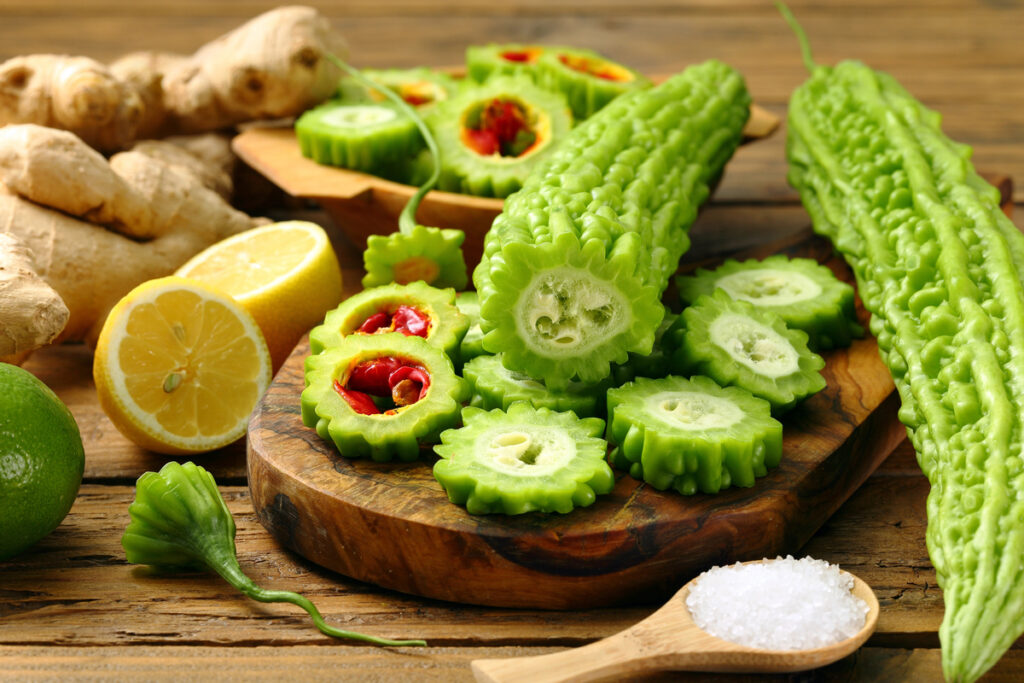
Bitter melon, also referred to as bitter gourd, is a tropical fruit that contains a wealth of vitamins, minerals, and antioxidants. It may assist in regulating blood sugar levels, aiding digestion, and facilitating weight loss.
Nutritional Yeast
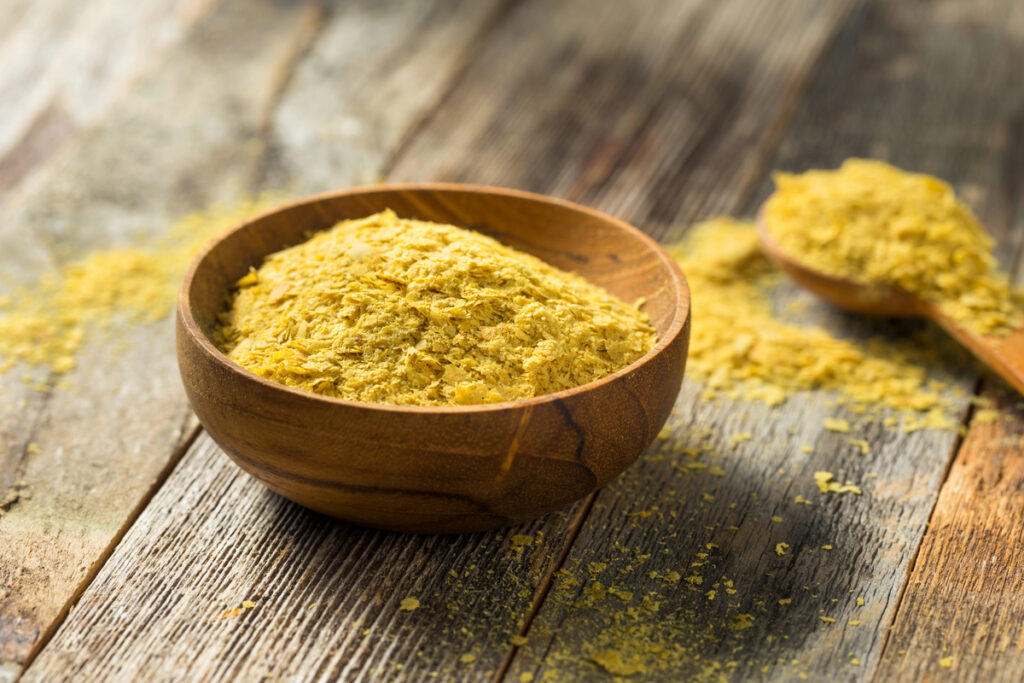
Nutritional yeast is a type of deactivated yeast that is high in protein, B vitamins, and essential minerals like zinc and selenium. It can help with energy production, enhance the health of skin and hair, and strengthen immune functions.
Related: 15 Clever Hacks To Reduce That Never-Ending Grocery Bill

Managing grocery expenses can be challenging for many households, especially with rising food costs and fluctuating budgets.
However, with some creativity and resourcefulness, you can implement numerous clever hacks to reduce your never-ending grocery bill without sacrificing the quality or variety of your meals.







